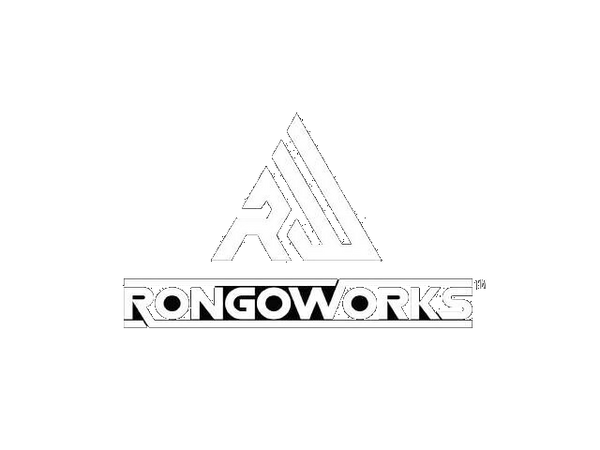Eco-Friendly Fashion Redefined: Sustainable Style for a Better Planet
The fashion industry has long been criticized for its environmental impact. From water pollution to textile waste, the consequences of fast fashion are undeniable. But a revolution is underway, and eco-friendly fashion is no longer a niche trend; it's a redefined necessity. This article delves into the key aspects of sustainable fashion, exploring innovative materials, ethical practices, and the conscious consumer's role in shaping a greener future for the industry.
Understanding the Environmental Impact of Fast Fashion
Before we dive into the solutions, it's crucial to understand the problem. Fast fashion's reliance on cheap, mass-produced clothing contributes significantly to:
- Water Pollution: Textile dyeing and finishing processes release harmful chemicals into water sources.
- Waste Generation: Mountains of clothing end up in landfills each year, taking centuries to decompose.
- Carbon Emissions: The production, transportation, and consumption of clothing contribute significantly to greenhouse gas emissions.
- Exploitation of Workers: Fast fashion often relies on unethical labor practices, paying workers unfairly and subjecting them to unsafe working conditions.
Eco-Friendly Fabrics: Innovation in Sustainable Materials
The shift towards eco-friendly fashion is driven by innovation in sustainable materials. Many brands are exploring and implementing alternatives to conventional fabrics. Some key examples include:
- Organic Cotton: Grown without harmful pesticides and fertilizers, organic cotton reduces the environmental impact of cotton farming.
- Tencel (Lyocell): Made from sustainably sourced wood pulp using a closed-loop system, Tencel is a highly biodegradable and eco-friendly fabric.
- Hemp: A durable and sustainable fiber requiring minimal water and pesticides, hemp is a promising alternative to cotton.
- Recycled Materials: Using recycled polyester, nylon, and other fibers reduces the need for virgin materials and minimizes waste.
- Piñatex: An innovative fabric made from pineapple leaf fibers, offering a unique and sustainable alternative.
Ethical Practices: Transparency and Fair Labor
True eco-friendly fashion extends beyond sustainable materials. Ethical production practices are paramount. This includes:
- Fair Wages and Working Conditions: Ensuring fair wages and safe working environments for garment workers.
- Transparency and Traceability: Brands promoting transparency by clearly disclosing their supply chains and production processes.
- Sustainable Packaging: Using eco-friendly packaging materials to minimize waste and reduce environmental impact.
The Conscious Consumer: Making Sustainable Choices
Ultimately, the future of eco-friendly fashion rests on the shoulders of conscious consumers. By making informed choices, we can drive demand for sustainable practices. Here's how you can contribute:
- Buy Less, Choose Well: Invest in high-quality, durable clothing rather than constantly buying cheap, trendy items.
- Support Sustainable Brands: Research and support brands committed to ethical and sustainable practices.
- Embrace Secondhand Shopping: Explore thrift stores, consignment shops, and online platforms for pre-owned clothing.
- Care for Your Clothes: Properly care for your clothes to extend their lifespan and reduce the need for replacements.
- Recycle and Upcycle: Donate or recycle unwanted clothing to reduce textile waste.
The Future of Eco-Friendly Fashion
Eco-friendly fashion is not just a trend; it's a necessary evolution of the industry. By embracing sustainable materials, ethical practices, and conscious consumption, we can collectively redefine fashion for a better planet. The future of fashion is sustainable, and it's a future we can all help create.
SEO Keywords:
Eco-friendly fashion, sustainable fashion, ethical fashion, sustainable clothing, eco-conscious fashion, green fashion, sustainable materials, organic cotton, Tencel, hemp, recycled fabrics, fair trade fashion, slow fashion, conscious consumerism, sustainable brands, ethical production, reducing fashion waste.

